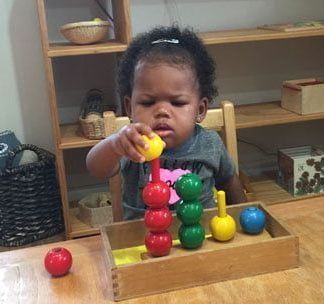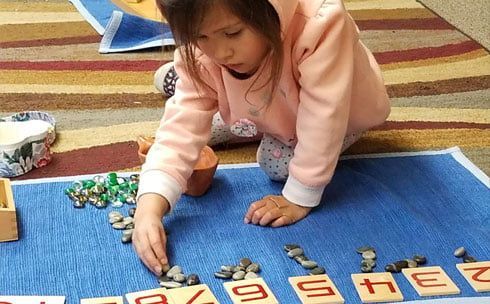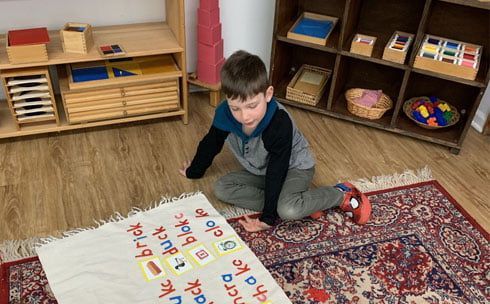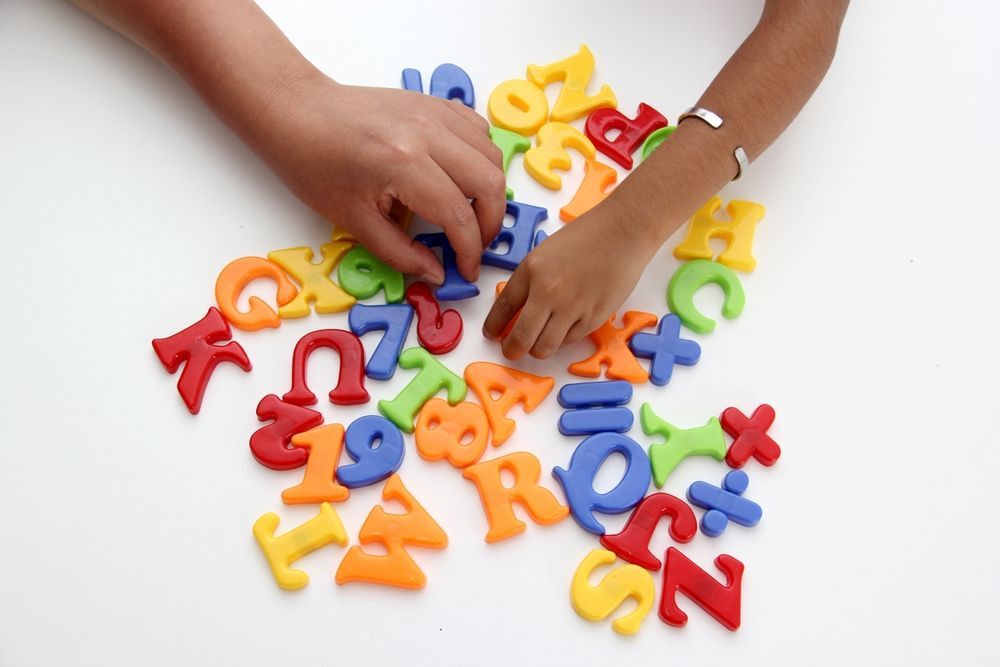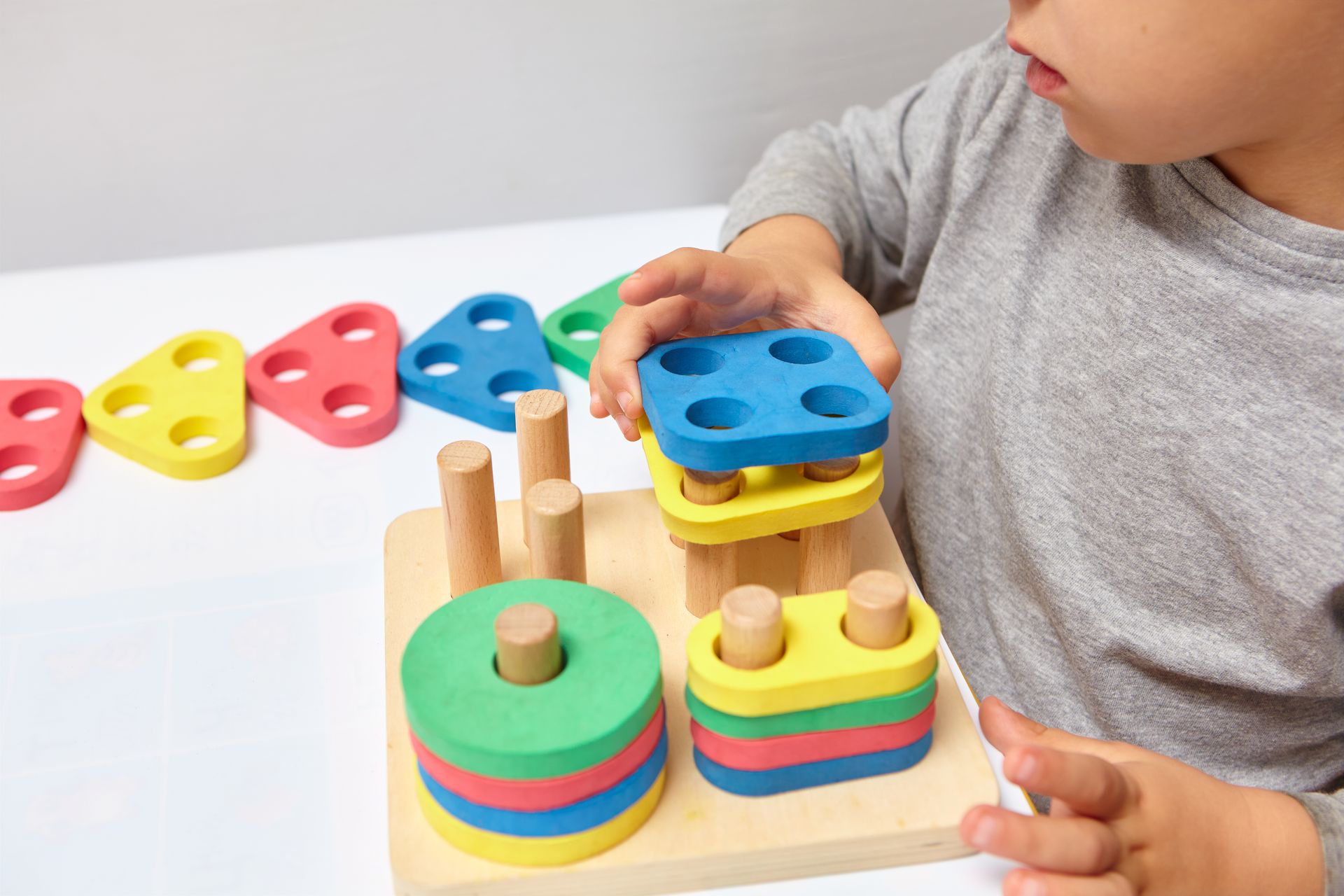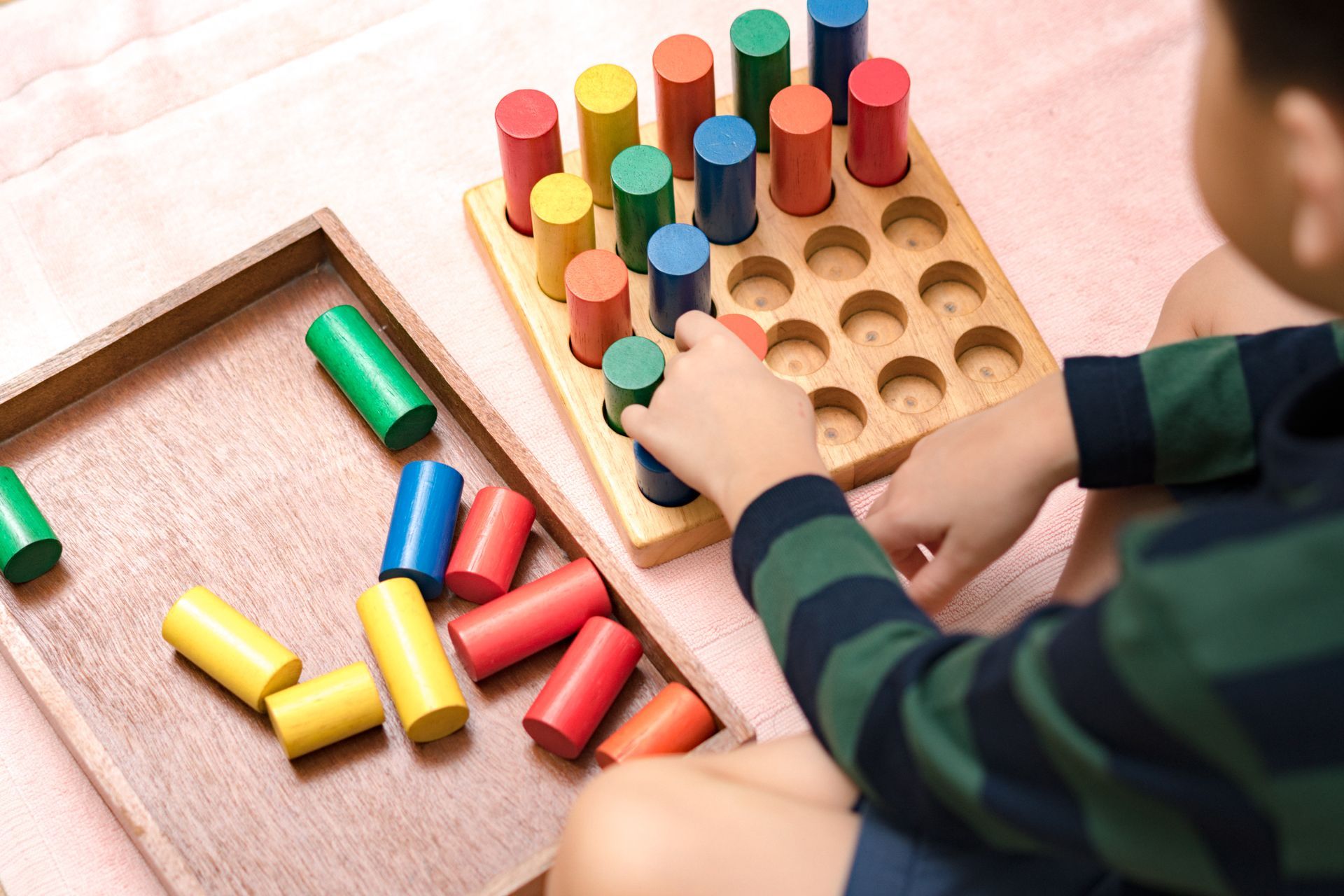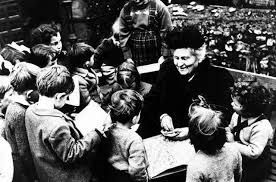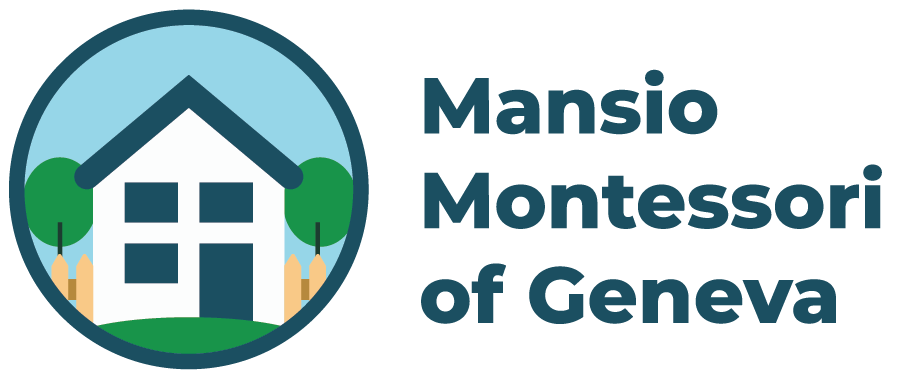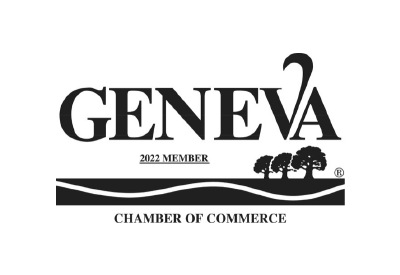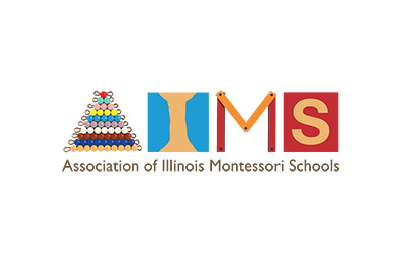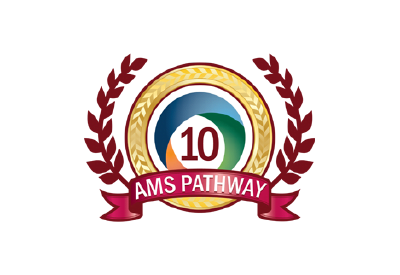Building A Case for Montessori Philosophy and the Future
Share this Article:
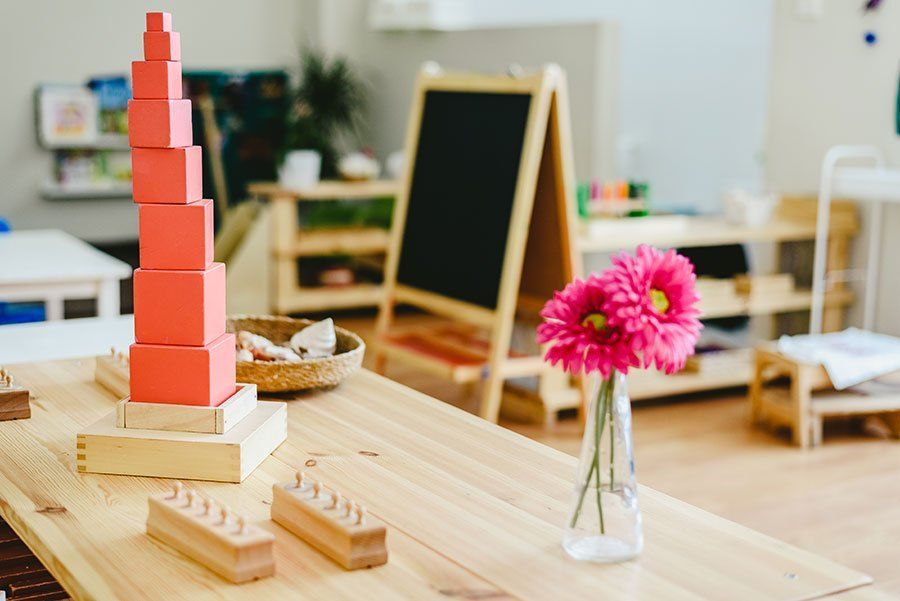
With the predominance of traditional school systems highly accessible to students across the globe, not many parents understand Montessori educational methods. Thus, may parents don’t place their children in the program. However, what if your child misses out on foundational learning experiences and future opportunities? We discuss below the immediate benefits and future applications associated with enrolling your child in a Montessori school.
What Montessori Programs Offer
The goal of any educational facility is to prepare a student for higher learning by providing applicable foundations that further their lifelong journey. Different from traditional educational environments , Montessori schools also implement philosophical and environmental ideologies into their elementary programs.
Philosophical Ideologies
Though the students can be the authors of their own learning in a Montessori school, they are encouraged to work with the other students and develop a teamwork mindset. By guiding the classroom with collaborative activities, students are encouraged to help one another solve hard problems or complete a project. This ideology teaches children the valuable behavioral traits of grace, courtesy, social justice, and respect for one another. Learning these traits at a young age will help the students smoothly transition into new social settings .
Environmental Ideologies
Montessori schools strategically design their classrooms to optimize learning and development. Practical classroom environments place learning activities in buckets visible to the students, allowing each student to decide what is next. The sorted activities are then organized by levels of difficulty. This environment prevents the teacher from interrupting the student’s work cycle but promotes direction when a student does not know how to move forward from a completed activity.
TEDTalk: Building a Case for Montessori and the Future
To navigate a learning environment free of obstacles, Montessori schools utilize uninterrupted work periods that allow a student to fixate on a desired skill and take the needed time to develop their abilities. Int his October TED Talk with Dr. Timothy Purnell , the discussion explores how the Montessori teaching method and learning environment promotes different planes of development over a child’s elementary years. He explains that, from birth to age three, the child’s brain development acts as a sponge to absorb all mindful activity. Between ages three to six, the child begins tailoring their conscious work into constructing new ideas and tangible projects. These constructed ideas and foundational learning concepts facilitate in leading the child to implement them into a plan of action.
Dr. Timothy Purnell delves into the future applications of Montessori learning. He recalls that the American Montessori Society inspires dreaming without limitations and provoking the realm of possibilities. Perhaps tailoring the program to accommodate dementia patients could facilitate in memory retention. With intergenerational programs in place, Montessori could conceivably build a social justice and peace education that would better our government and society. Purnell’s final challenge for furthering the program in other social aspects inspires viewers to examine their contribution to the realm of possibilities.
Building Your Child’s Educational Future with Mansio Montessori
At Mansio Montessori of Geneva , we are dedicated to preparing your child with optimal learning environments that stimulate educational development. By tailoring the educational experience to each child, we inspire our students with a passion for learning. If you want to learn more about our early childhood programs and what these may look like for your child, please contact us to schedule a visit .
